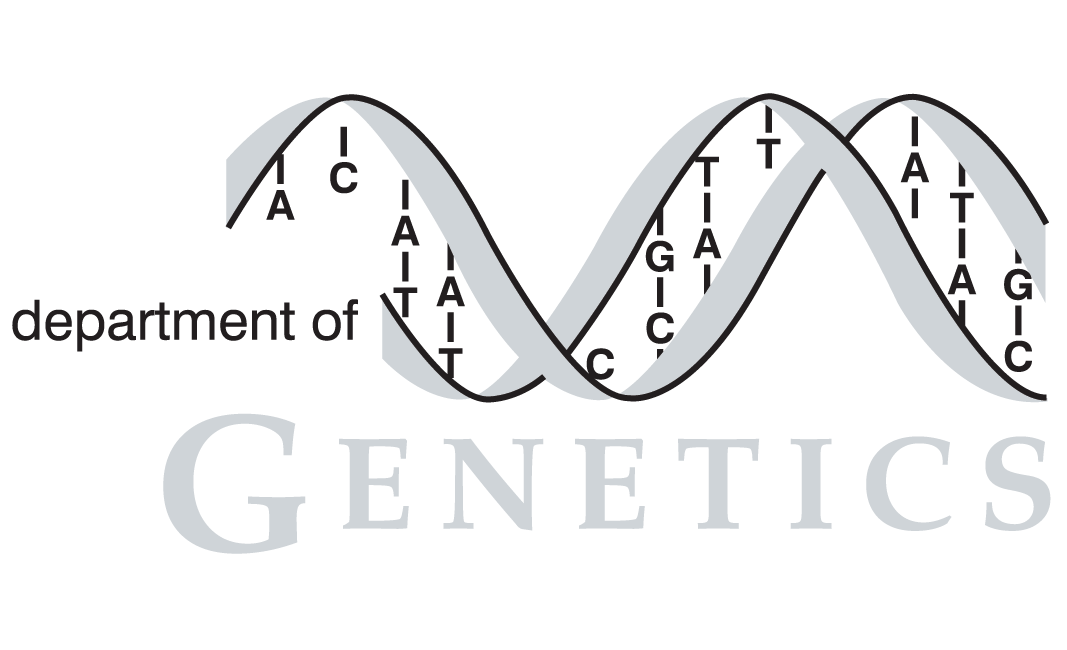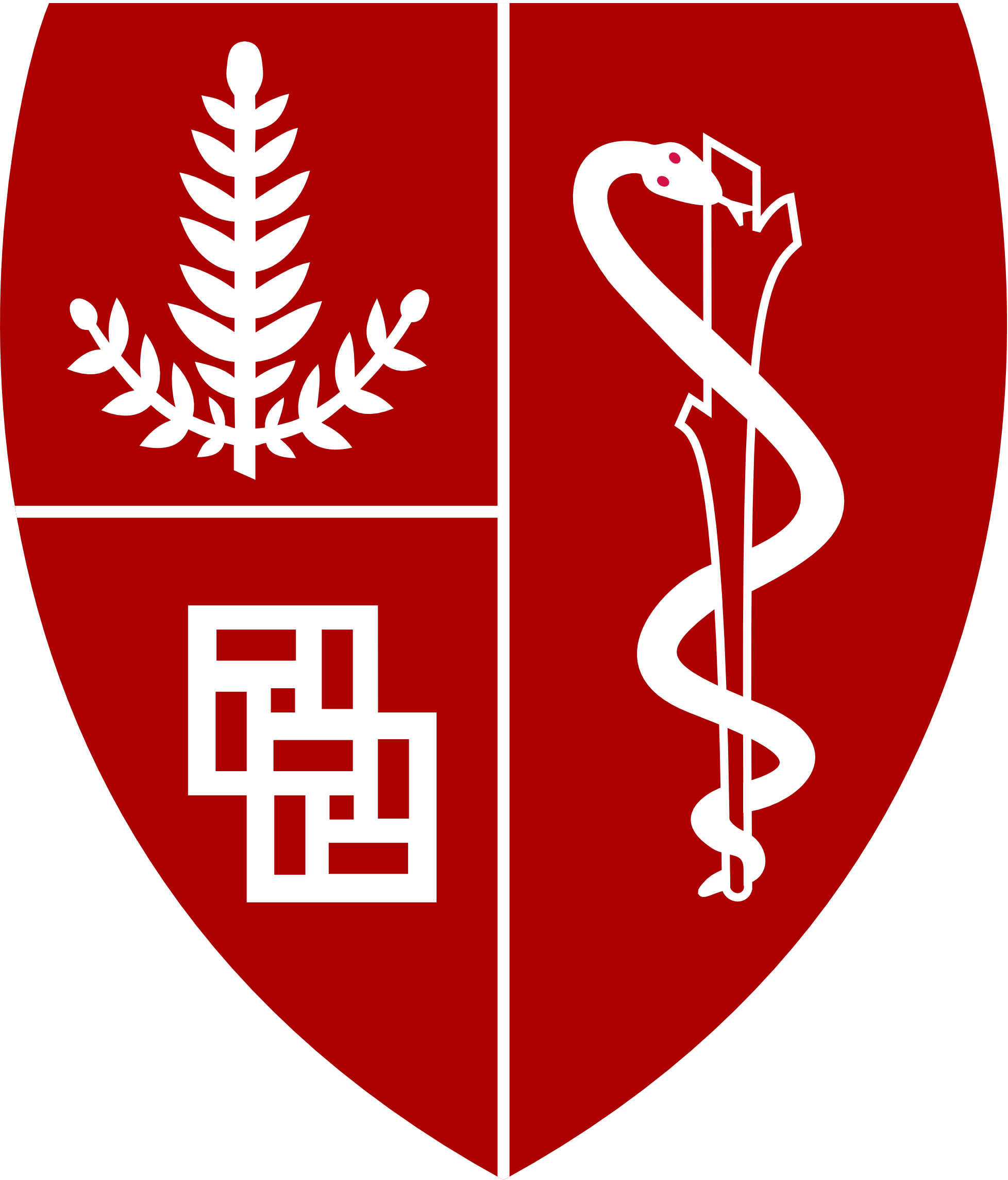| Citation | de Kok S, Nijkamp JF, Oud B, Roque FC, de Ridder D, Daran JM, Pronk JT, van Maris AJ. Laboratory evolution of new lactate transporter genes in a jen1Delta mutant of Saccharomyces cerevisiae and their identification as ADY2 alleles by whole-genome resequencing and transcriptome analysis. FEMS yeast research, 2012. |
| PubMed ID | 22257278 |
| Short Description | Laboratory evolution of new lactate transporter genes in a jen1Delta mutant of Saccharomyces cerevisiae and their identification as ADY2 alleles by whole-genome resequencing and transcriptome analysis. |
| # of Conditions | 6 |
Full Description

|
Laboratory evolution is a powerful approach in applied and fundamental yeast research, but complete elucidation of the molecular basis of evolved phenotypes remains a challenge. In this study, DNA microarray-based transcriptome analysis and whole-genome resequencing were used to investigate evolution of novel lactate transporters in Saccharomyces cerevisiae that can replace Jen1p, the only documented S. cerevisiae lactate transporter. To this end, a jen1Delta mutant was evolved for growth on lactate in serial batch cultures. Two independent evolution experiments yielded growth on lactate as sole carbon source (0.14 and 0.18 h(-1) , respectively). Transcriptome analysis did not provide leads, but whole-genome resequencing showed different single-nucleotide changes (C755G/Leu219Val and C655G/Ala252Gly) in the acetate transporter gene ADY2. Introduction of these ADY2 alleles in a jen1Delta ady2Delta strain enabled growth on lactate (0.14 h(-1) for Ady2p(Leu219Val) and 0.12 h(-1) for Ady2p(Ala252Gly) ), demonstrating that these alleles of ADY2 encode efficient lactate transporters. Depth of coverage of DNA sequencing, combined with karyotyping, gene deletions and diagnostic PCR, showed that an isochromosome III (c. 475 kb) with two additional copies of ADY2(C755G) had been formed via crossover between retrotransposons YCLWDelta15 and YCRCDelta6. The isochromosome formation shows how even short periods of selective pressure can cause substantial karyotype changes. |
Tags
 |
Contact: sgd-helpdesk@lists.stanford.edu


